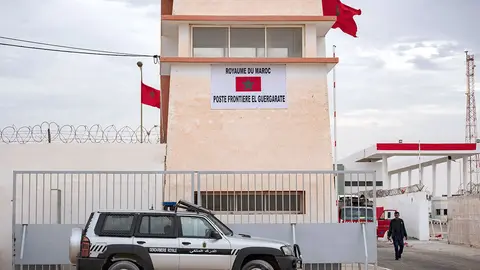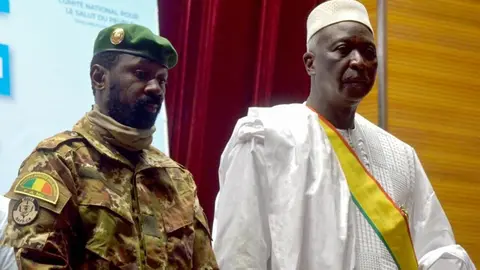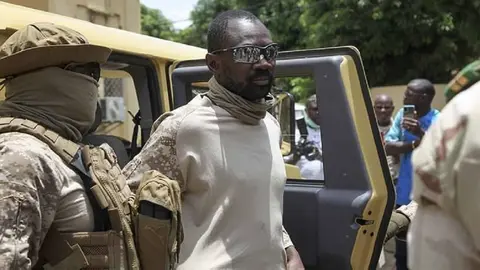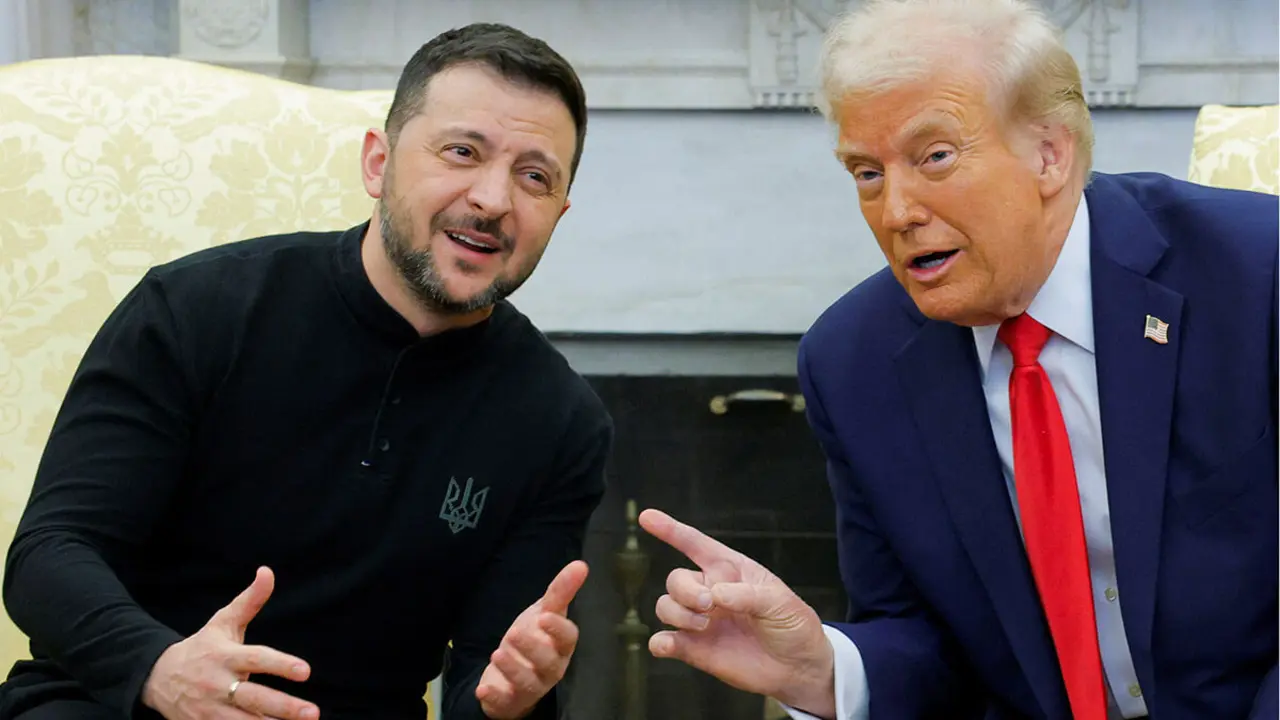Strategic rapprochement between Morocco and Niger
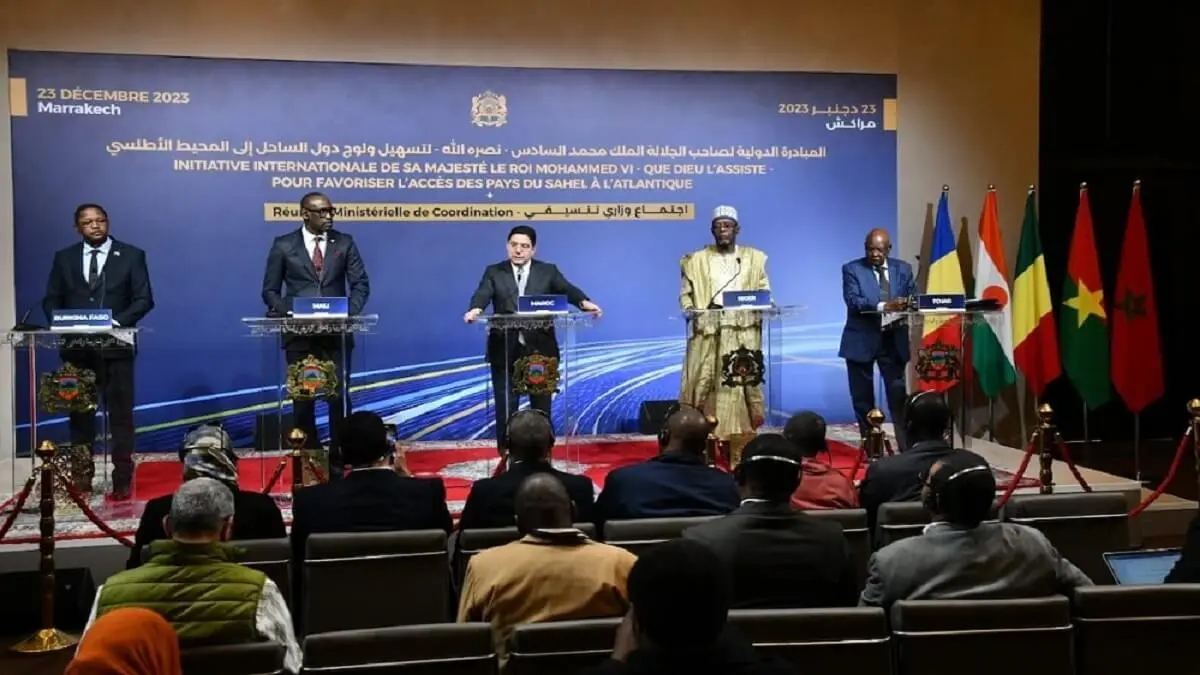
After Niger announced its participation in Moroccan King Mohammed VI's initiative to connect the Sahel with the Atlantic Ocean, Niger's Prime Minister Ali Mehmane Lamine Zine is travelling to Rabat with a high-level delegation in order to establish a strategic partnership with the Kingdom, a rapprochement that has Algeria wary.
According to the Niamey government, the Prime Minister, who is also Minister of Economy and Finance, is leading a delegation that includes the Minister of State in charge of National Defence, Salifu Modi, and the Minister of Foreign Affairs, Bakary Yaw Sangari, which confirms the importance of the visit at the diplomatic, economic and military levels.
This is also the first visit by members of the Nigerian government to Morocco since its Foreign Minister announced in Marrakech last December that Niamey had joined the international initiative launched by King Mohammed VI to improve the Sahel countries' access to the Atlantic Ocean.
Mohamed Al-Tayyar, a Moroccan researcher in security and strategic studies, believes that the visit of Niger's prime minister demonstrates Morocco's exceptional role in building stability and security in the Sahel region, as well as Rabat's position on events in Niger, 'a rational stance based on a sober and far-sighted reading, given the reality of the political and security developments taking place in the region'.
Al-Tayyar also explains to Al-Arab that 'the Kingdom's position was different from the position of France, Algeria and most of the Economic Community of West African States (ECOWAS), positions that could not adapt to the changes taking place, while Morocco proved that it is a trustworthy partner and its decisions are well established and characterised by continuity, stability and credibility'.
In response, Niamey initiated a rapprochement with Rabat, joining Mohammed VI's initiative to allow Niger, along with the other Sahelian countries, access to the Atlantic, as it is a key economic and political point of access.

Algeria, for its part, fears that Rabat will encircle its territory through this Atlantic Initiative, which has been warmly welcomed by Burkina Faso, Mali, Niger and Chad.
In this regard, it is worth mentioning that Algerian diplomacy has failed to win the confidence of Niger's new leadership, unlike Morocco. Algiers is also experiencing a diplomatic crisis with Mali, another country in the region.
In an effort to improve ties, Algerian Energy Minister Mohamed Arkab confirmed to Al-Jaish magazine that Algeria will invest 442 million dollars in energy projects in neighbouring countries, including Libya, Niger and Mali.
The minister added that the investments will cover the period between 2024 and 2028, with the aim of increasing the country's oil and gas production.
However, as Al-Arab points out, the Algerian promise came too late, and neither Mali nor Niger can change their economic relationship with Morocco only" because of a promise for which there is no guarantee of implementation.
Morocco and Niger have strong relations based on solidarity and mutual support. Likewise, Niamey has never recognised the Sahrawi Arab Democratic Republic or supported the Polisario Front. On the contrary, it was one of the first countries to support Morocco's return to the African Union.
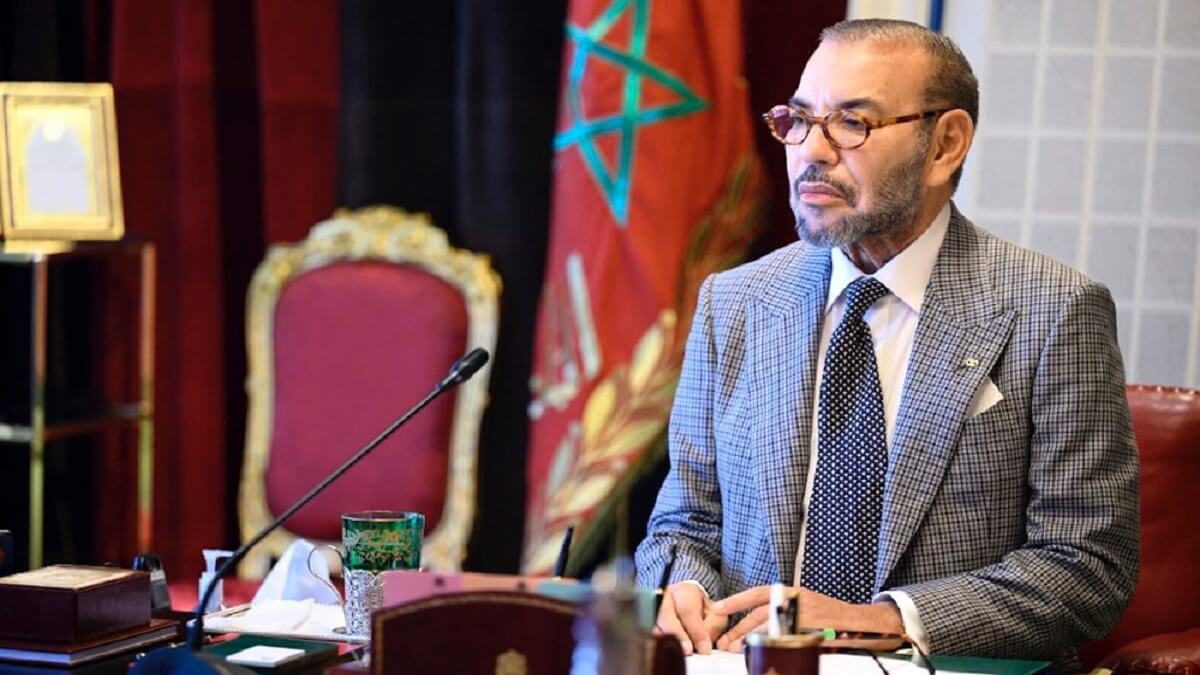
For its part, Morocco, contrary to Algeria's pressure on Niamey, remained neutral towards Niger's internal problems, stressing that it "trusts in the wisdom of the people and forces active in Niger to preserve the gains and maintain its important constructive regional role".
According to Al-Tayyar, "Niger's openness to a partnership with Morocco will be treated by Algeria as a threat to its interests". It will also "deepen Algeria's political and diplomatic crisis with Niger and other Sahelian countries, albeit to varying degrees", he concludes.


